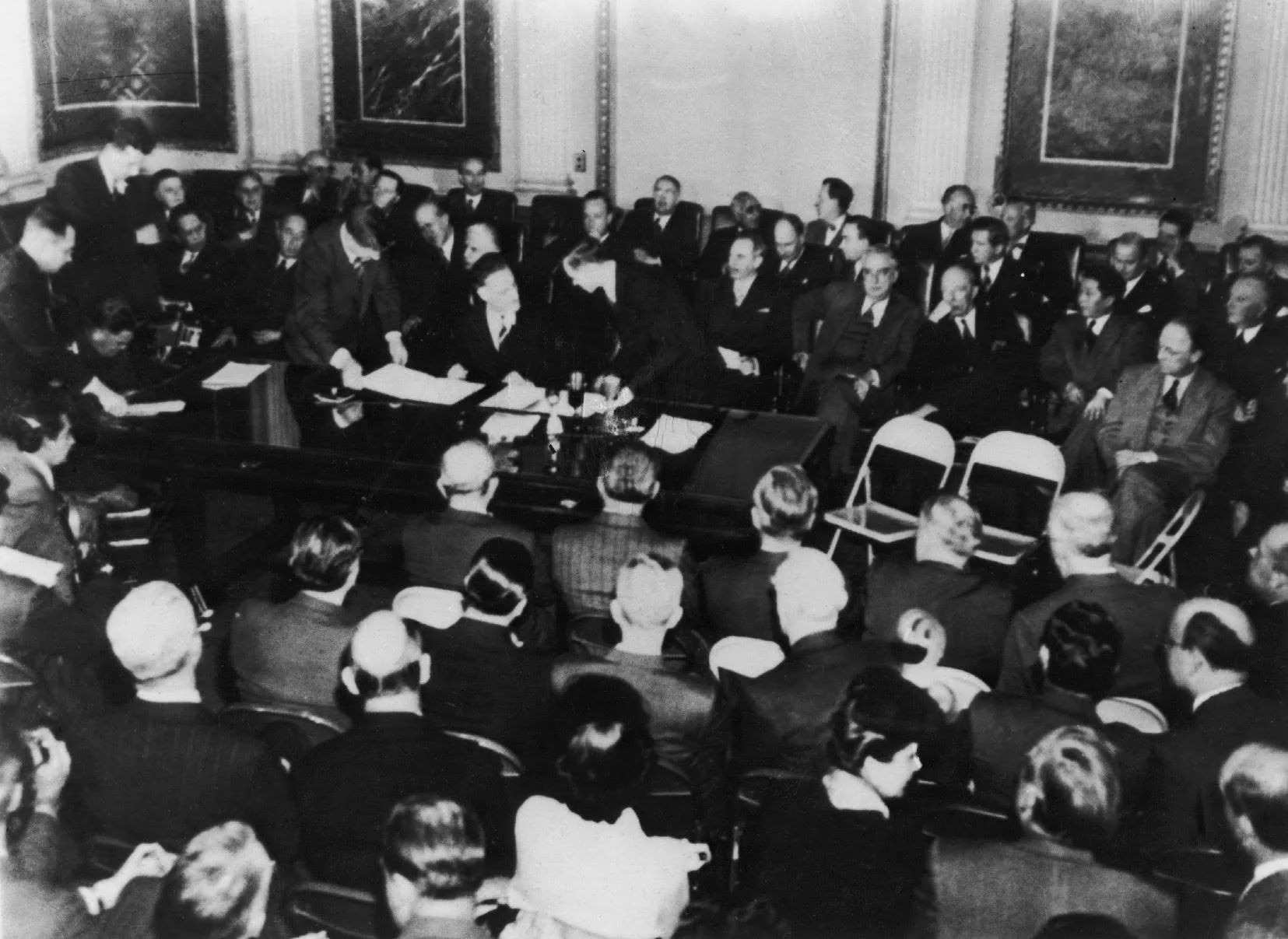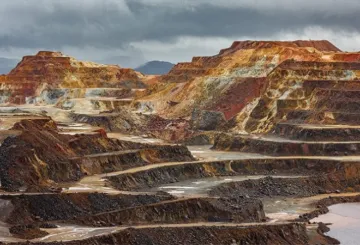 This article is part of the series — What to Expect from 2021.
This article is part of the series — What to Expect from 2021.
“We face a Bretton Woods moment,”
IMF Managing Director Kristalina Georgieva said recently, referring to the COVID-19-induced global economic environment. Is the pandemic crisis a turning point for international economic policy? Are the old Bretton Woods institutions willing to find a new approach; a more flexible, experience-based, less dogmatic one? The US Federal Reserve (Fed) has
already begun with its new average inflation targeting, while other central banks have systematically undershot their inflation goals. Given well-anchored inflation expectations, the Fed might let the US economy run above full employment and inflation, temporarily above target. The war on COVID-19 is exceptionally demanding. Results-driven policies are imperative. As in 1944, two challenges lie ahead — to fight the warfare today and build a better tomorrow. Economic policy must be effective on the run and forward-looking, too. How can this be achieved?
Sustainability is the new extension in the logbook. A resilient ecosystem is the ultimate goal.
“First,
the right economic policies.” Georgieva advocates a broader agenda. In war, you should spend more and not cut expenditure. That approach, implemented during the Great Recession (2007-2009), remains a priority. Societal issues matter: “We must invest more in people. That means protecting the vulnerable.”
Second, through climate change. “We focus on climate change because it is macro-critical, posing profound threats to growth and prosperity. It is also people-critical and planet-critical,” Georgieva said. Sustainability is the new extension in the logbook. A resilient ecosystem is the ultimate goal.
If we are really in a historic repeat of the Bretton Woods moment, then we will find Harry Dexter White’s suggestions (the American position), not Lord Keynes’s ideas (the British position), to be more influential. David Malpass, the president of the World Bank Group (and a former Wall Streeter appointed by US President Donald Trump), has raised the urgency of “addressing poverty, inequality, human capital, debt reduction, climate change, and economic adaptability as elements in ensuring a resilient recovery.”
Debt is accumulating to record levels, and there are no plans on how the world is going to pay for it — it needs to be on the agenda for 2021.
The pandemic has pushed the world to the brink, but recovery gathered pace as soon as lockdowns were relaxed. A new tentative expansion began in May 2020. “We commit to using all available policy tools, individually and collectively, to restore confidence, jobs and growth,” promised the last communiqué of the International Monetary and Financial Committee. Their pledge so far has been credible. Global economic policy coordination has avoided a credit crunch. No financial crisis has emerged so far. Fiscal stimulus provided globally is close to US$ 12 trillion (and growing). Central banks have trimmed interest rates to zero and expanded balance sheets by more than US$ 7.5 trillion. This financial support must stay (at least until vaccination reaches a critical mass). Early withdrawal risks economic harm, even a double-dip in economic growth. A delayed financial crisis could come back as revenge. In the meantime, debt is accumulating to record levels, and there are no plans on how the world is going to pay for it? It needs to be on the agenda for 2021.
Bretton Woods nostalgia is not new. There was a similar moment during the Lehman crisis in 2008 when the G20 was raised to the presidential level to become the world’s top economic forum (replacing the advanced economies’ G7). It officially recognised the importance of aligning China and the big emerging economies in the crisis containment effort. Ultimately, Georgieva’s call is for global leaders to answer. What international order will rule in the years to come? What role is for China? Imminent non-reversible threats like climate change are universal. What to expect from multilateralism and cooperation? This will require a change beyond global financial architecture; we need to reframe the international political architecture. Well defined rules for trade, investment, technology transfer, security, and clean energy are essential for developing economic growth in the long-term.
Bretton Woods nostalgia is not new. There was a similar moment during the Lehman crisis in 2008 when the G20 was raised to the presidential level to become the world’s top economic forum.
Will US President-elect Joe Biden come to the rescue? His electoral platform is better suited to deal with the main challenges, but domestic divides and divergences in national interests should not be underestimated. And confidence has been seriously damaged, restoring trust takes time.
In 2021, uncertainty will persist because the task is enormous. Lord Keynes said at the Bretton Woods final plenary, “We have had to perform at one and the same time the tasks appropriate to the economist, to the financier, to the politician, to the journalist, to the propagandist, to the lawyer, to the statesman-even, I think, to the prophet and to the soothsayer.” For obvious reasons, do not forget to add the medical doctor this time.
The views expressed above belong to the author(s). ORF research and analyses now available on Telegram! Click here to access our curated content — blogs, longforms and interviews.



 This article is part of the series —
This article is part of the series —  PREV
PREV

